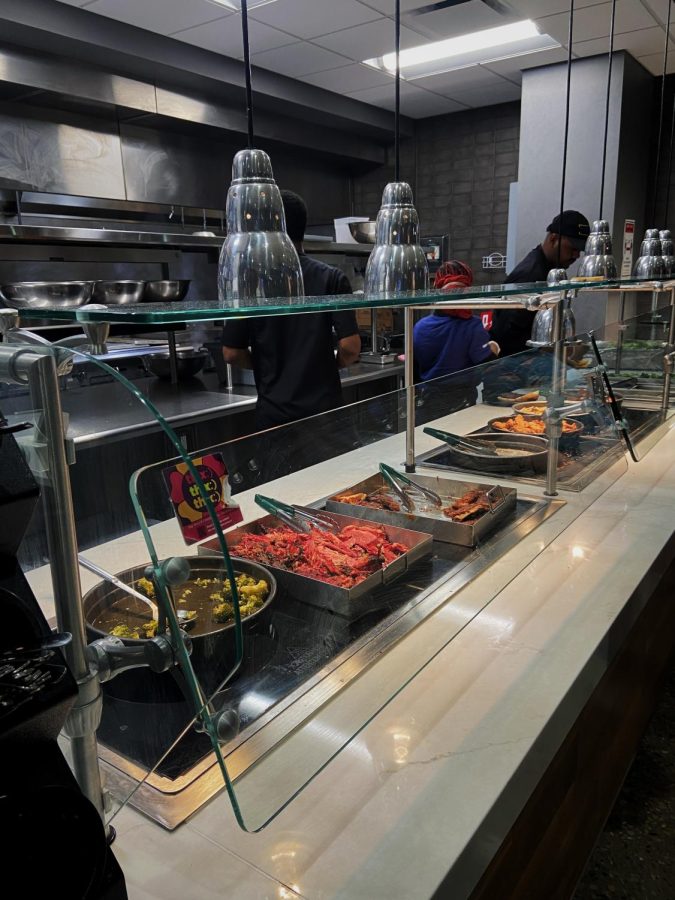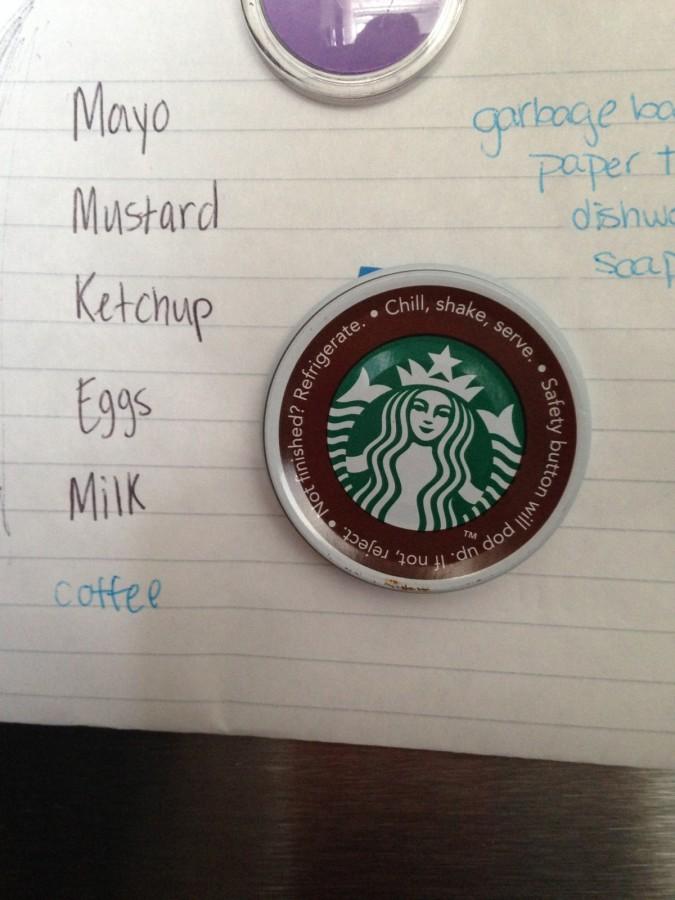To address food barriers on campus and better support students, Marquette University should consider implementing more flexible dining hours, food options and meal plans.
It’s important to recognize how food connects with culture and religion to offer more inclusive dining options.
The month of Ramadan began April 2, and is a time in which Muslims engage in prayer and self-reflection. It is observed as one of the holiest months of the year. During Ramadan, Muslims who are able to will fast from pre-dawn to sunset.
The sun will typically set in Milwaukee between 7:15 p.m. and 8 p.m. during April this year.
Muslim students who celebrate Ramadan may find it difficult to find dining halls that are open when their fasting ends.
Straz dining hall closes at 7 p.m. Monday through Thursday and doesn’t offer dinner hours Friday through Sunday; Cobeen’s dining hall closes at 7:30 p.m. Monday through Friday and 7:15 p.m. on the weekends; Erbert and Gerbert’s, Power Bowl, Grill 155 and Taqueria in Marquette Place in the Alumni Memorial Union also close at 6:30 p.m. Mondays through Thursdays, at 4 p.m. on Fridays and are closed on the weekends.
There are only a few food locations that are very accessible for students celebrating Ramadan who are on the Anytime Dining meal plan based on their closing time: The Commons, Schroeder and The Union Sports Annex. The Commons typically closes at 11 p.m. Monday through Sunday; Schroeder dining hall closes at 10 p.m. Monday through Thursday and at 9 p.m. Friday through Sunday; the Union Sports Annex closes at 11 p.m. Sunday through Thursday and at midnight Friday and Saturday.
To better support Muslim students during Ramadan, Marquette should consider keeping dining halls open later. This is important to supporting their health and well-being by providing accessibility to meals across campus.
University spokesperson Lynn Griffith said that Marquette dining services has served fish dishes on Fridays to accommodate Catholic students during Lent.
Marquette can create more religious inclusivity by making accommodations for Muslim students during Ramadan as well.
Creating food inclusivity is also important for students with dietary restrictions.
The university has implemented recent changes to better serve students with vegetarian and vegan diets.
The Commons’ dining hall opened a new Plant-Powered Grill, offering sustainable and vegan meals sourced from Morningstar Farms, a company that offers vegan and vegetarian food options.
The university should continue implementing a variety of food options across dining spaces on campus, as well as engaging with students to hear their input.
To increase food accessibility the university should also consider offering more meal plan options.
Marquette currently offers the Anytime Dining meal plan as its only meal plan option for first-year students and sophomores who live in residence halls. The Anytime Dining meal plan costs $2,430 for the fall 2021 and spring 2022 semesters.
According to the university meal plan page, “Students living in the residence halls must purchase this meal plan. The costs … are built into your residence hall agreement and payments.”
Students with dietary restrictions may still find it difficult to eat food that they like, despite Marquette making changes to food offerings. Some Marquette students may also not be able to afford the meal plan. And students may want to have more flexibility in their meal options.
For students not living in residence halls, the only two meal plans are the Anytime Dining and the Loyalty 50 plan, which costs $450 a semester. Students get 50 swipes per semester, and can purchase the plan twice in a semester.
Marquette should look to other universities that offer more than one meal plan option.
Loyola University Chicago is one university that provides several meal plan options for students: All-Access plans, Dining Dollar plans and Block Plus plans. Unlike Marquette that offers two plans that range from $450 to 2,430, Loyola offers eight different plans that combine access to dining halls and dining dollars and range from $500 to $2,890.
From socializing with friends to receiving nourishment to be healthy, food is a central part of college life. Making sure students are satisfied with their options while at Marquette is essential to supporting their health, well-being and academic success.
Editorial topics by the Marquette Wire are decided at weekly meetings between members of the executive board. The editorial is crafted with leadership by the executive opinions editor. The executive board consists of the executive director of the Wire, managing editor of the Marquette Tribune, managing editor of the Marquette Journal, general manager of MUTV, general manager of MUR and ten additional top editors across the organization.












